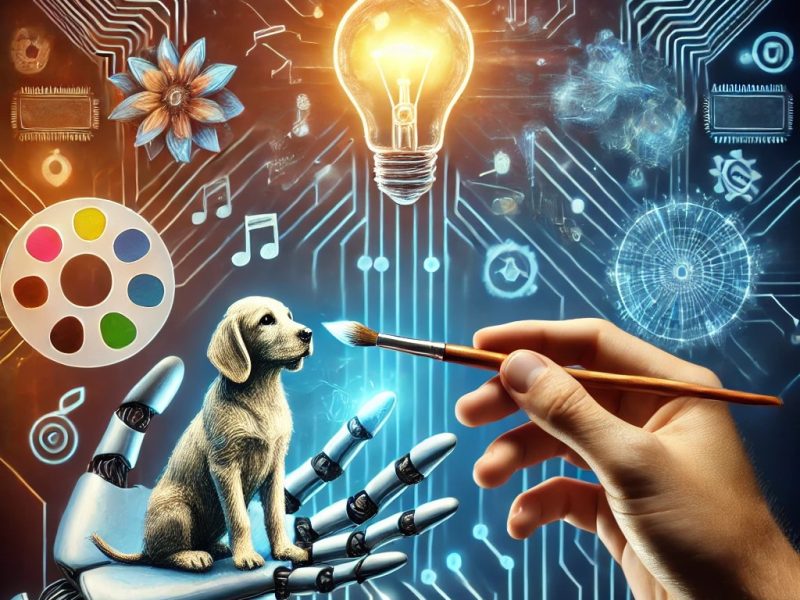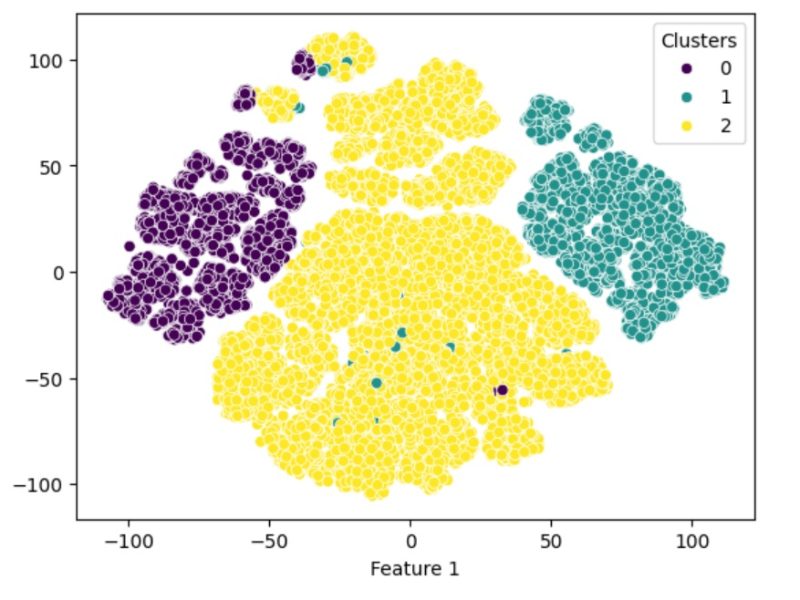The genesis of this article is the missed diagnosis of our late dog, Neo, which is the very reason I have committed to finding meaningful innovations in pet care.
When it comes to our beloved pets, their health and well-being are of paramount importance. Yet, just like human medicine, veterinary care can sometimes be fraught with diagnostic uncertainties. In such cases, seeking a second opinion can be crucial in ensuring accurate diagnosis and effective treatment. With advancements in technology, particularly artificial intelligence (AI), pet owners now have an additional tool to enhance veterinary care.
Why a Second Opinion Matters
Pets, unlike humans, cannot articulate their symptoms. Often, they continue to hide their pain and suffering till it’s obvious and too late. Veterinarians rely on physical examinations, diagnostic tests, and professional judgment to determine what might be ailing an animal. However, even the most experienced veterinarians can sometimes miss or misinterpret symptoms. A second opinion can provide a fresh perspective, potentially identifying previously overlooked issues.
The Role of AI in Veterinary Diagnostics
AI technology has made significant strides in recent years, offering new opportunities to improve pet healthcare. AI-based solutions can analyze vast amounts of data quickly and accurately, aiding in the diagnosis process. Here’s how AI can play a pivotal role as a second opinion in veterinary care:
Diagnostic Imaging Analysis AI can be used to analyze diagnostic images such as X-rays, MRIs, and CT scans with high accuracy. These systems can detect anomalies that might be missed by the human eye, providing a valuable second opinion.
Symptom Analysis and Differential Diagnosis AI-powered platforms can analyze symptoms and medical histories to suggest potential diagnoses. By comparing a pet’s symptoms to a vast database of known conditions, these systems can offer insights into rare or less apparent conditions.
Predictive Analytics AI can predict potential health issues based on a pet’s medical history and genetic information. This predictive capability allows for early intervention and preventive care, potentially saving lives and reducing healthcare costs.
For example, consider the case of Bella, a seven-year-old Labrador Retriever experiencing intermittent lameness. Her veterinarian conducted a thorough examination and diagnosed her with arthritis. However, Bella’s owner, seeking confirmation, used an AI-based diagnostic tool that analyzed Bella’s medical history and symptoms. The AI suggested a possible torn ligament, leading to further testing and a correct diagnosis and treatment plan.
Benefits of AI as a Second Opinion
Enhanced Accuracy—Combining veterinarians’ expertise with AI’s analytical power can lead to more accurate diagnoses, ensuring that pets receive the correct treatment.
Access to Specialized Knowledge – AI can incorporate knowledge from veterinary specialists worldwide, offering insights that may not be available locally.
Time and Cost Efficiency – AI can quickly process and analyze data, providing rapid second opinions that can save time and reduce the need for multiple, costly diagnostic tests.
While AI offers numerous benefits, it has challenges. Pet owners and veterinarians should consider the following:
Data Privacy – Ensuring the privacy and security of pet medical data is crucial when using AI-based solutions.
Integration with Veterinary Practice – Veterinarians must be trained to effectively integrate AI tools into their practice, ensuring a seamless and beneficial experience for pets and their owners.
Accuracy and Reliability—To maintain accuracy and reliability, AI algorithms must be continuously updated and improved. Veterinarians should use AI as a complementary tool rather than a standalone solution.
Integrating AI-based solutions as a second opinion in pet diagnosis and healthcare represents a significant advancement in veterinary medicine. AI can play a crucial role in ensuring that our pets receive the best possible care by providing enhanced accuracy, access to specialized knowledge, and improved efficiency. As technology evolves, pet owners and veterinarians must embrace these innovations while remaining mindful of the associated challenges and ethical considerations. In doing so, we can take a significant step forward in safeguarding the health and well-being of our beloved animal companions.



